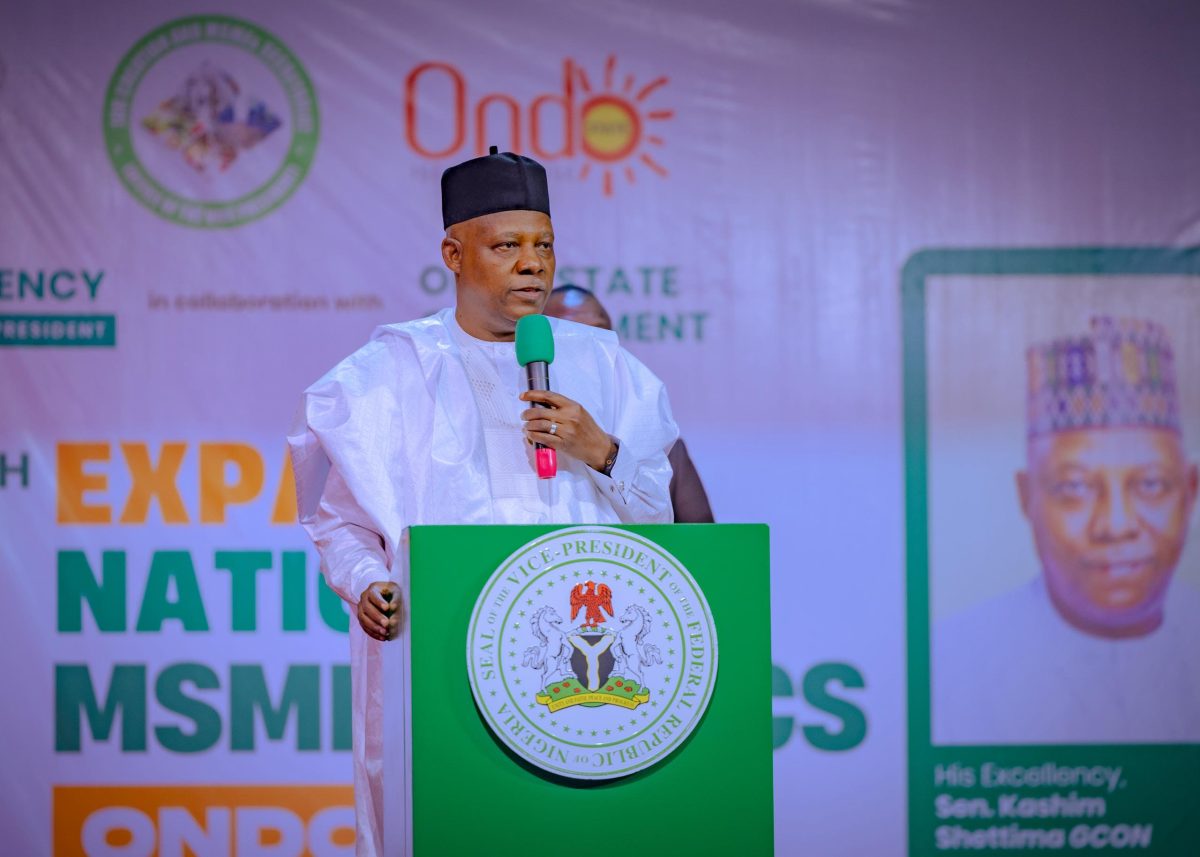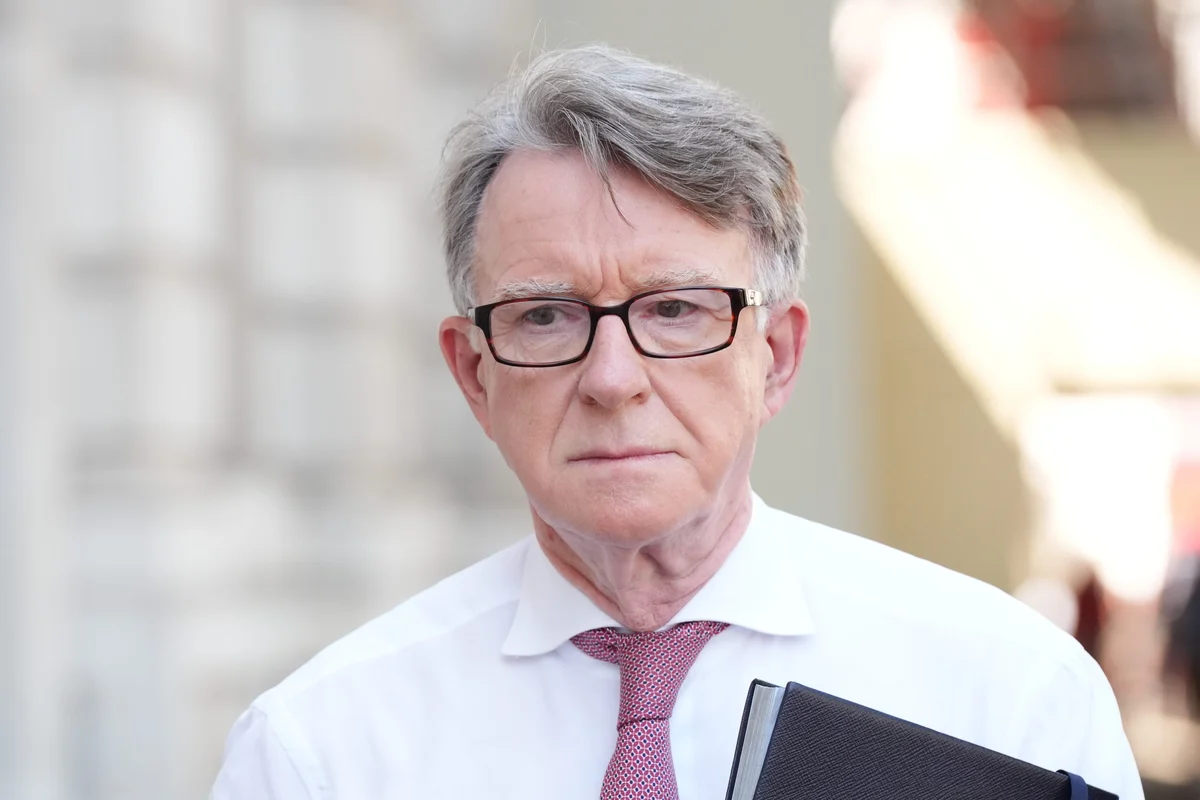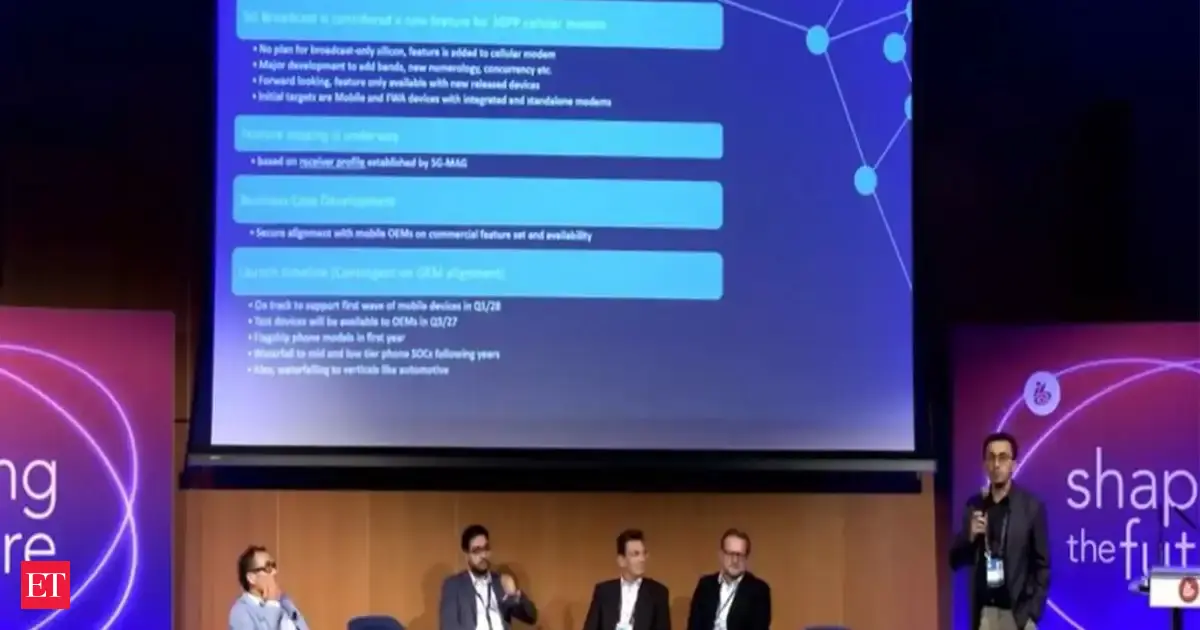By Collins Nnabuife
Copyright tribuneonlineng

Vice President, Senator Kashim Shettima, has called for stronger national and subregional collaboration to eradicate hunger, create wealth, and unlock Africa’s agricultural potential.
Speaking at the United Nations Food and Agriculture Organisation (FAO) National and Subregional Hand-in-Hand Forum in Abuja on Tuesday, Shettima stressed that hunger remains a global security issue that requires collective action.
“Nothing unifies humanity as much as hunger. It is the great equaliser that reveals our vulnerabilities and the shared fragility of our existence. Every threat to food availability is an invitation to stand together, compare notes, and find collective means of scaling up production”, he said.
Shettima described Nigeria’s youthful workforce and vast arable land as the country’s strongest assets in driving a green revolution. According to him, the government’s National Development Plan (2021–2025) aims to lift 35 million Nigerians out of poverty, create 21 million jobs, and achieve food and nutrition sufficiency through targeted agricultural investments.
ALSO READ: Ogbomoso road accident leaves seven hospitalised
At the core of Nigeria’s approach, Shettima explained, are three pillars: aligning investments with national priorities, creating an enabling environment for capital inflows, and developing bankable projects across staple crops, cash crops, livestock, and fisheries.
He pointed to Nigeria’s untapped irrigation potential, which could cover over three million hectares but currently utilises less than 10 percent.
“Strategic investment in irrigation alone could triple yields, free us from seasonal dependency, and fortify our resilience against climate shocks,” he said.
Highlighting the opportunities available under the African Continental Free Trade Area (AfCFTA), Shettima said Nigeria is positioned to become both a regional hub and a global supplier of high-demand commodities.
“With a population of over 230 million and Africa’s fastest-growing digital economy, Nigeria is open for business,” the Vice President said.
The Vice President urged stakeholders to leave the Forum with signed commitments, concrete partnerships, and a renewed spirit of collaboration that would ensure no one in the subregion goes to bed hungry.
The Minister of Agriculture and Food Security, Senator Abubakar Kyari, used the Forum to present Nigeria’s $3.14 billion investment portfolio under the FAO Hand-in-Hand Initiative. The portfolio targets five priority value chains; tomato, cassava, maize, dairy, and fisheries, with an average internal rate of return of 14 percent.
Kyari said the investment pipeline, backed by $1.75 billion in government funding and $1.39 billion in private sector commitments, is designed to lift millions out of poverty, create jobs, and enhance food security.
“With 70 million hectares of agricultural land, of which only 20 percent is cultivated, and irrigation potential of over three million hectares, Nigeria represents one of the most compelling agricultural investment destinations in Africa,” Kyari said.
He acknowledged the sector’s challenges, including post-harvest losses of up to 40 percent, low mechanisation, and limited access to affordable credit, but stressed that government reforms and public-private partnerships were already addressing these gaps.
“We are investing in Special Agro-Industrial Processing Zones, expanding cold chain logistics, recapitalising the Bank of Agriculture, and promoting local manufacturing of inputs and equipment,” he noted.
Kyari further outlined tax incentives, including exemptions on agricultural machinery imports, pioneer status tax holidays, and credits for firms sourcing raw materials locally.
“Together, these incentives create one of the most comprehensive enabling environments for agribusiness investment in Africa,” he said.
FAO Country Representative for Nigeria and ECOWAS, Dr. Hussein Gadain, commended Nigeria’s commitment to the Hand-in-Hand Initiative, describing it as a vehicle for achieving the SDGs and Africa’s vision as outlined in the Kampala Declaration.
Gadain commended the Nigerian government’s leadership, particularly Vice President Shettima’s role in mobilising investment and innovation, as well as the Agriculture Ministry’s work in developing bankable investment cases across critical value chains.
“The success of this initiative is measured by the partnerships it has forged,” Gadain said. “We have seen significant strides in matching private sector players, bilateral and multilateral partners with Nigeria’s clear agricultural development priorities. These are not just commitments on paper; they are tangible investments beginning to drive transformative growth.”
He noted that Nigeria’s involvement in the Hand-in-Hand for the Sahel subregional initiative on water and irrigation was “a game-changer,” unlocking agricultural and fisheries potential while building climate resilience.
The FAO envoy also recognised the role of Nigeria’s ministries of Water Resources, Budget and Planning, and Livestock Development in advancing the initiative, while calling for deeper collaboration with development partners and private investors.
“This Forum is not only a national moment for Nigeria but also a regional milestone for West Africa and the Sahel,” Gadain said. “It is a platform to translate shared ambitions into concrete investment action and a stepping-stone to the global Hand-in-Hand Roundtable in Rome next month.”
The Forum brought together policymakers, investors, and development partners from across Africa. Discussions centred on scaling investment in agriculture, strengthening regional integration, and turning Nigeria into a hub for food production and processing.



